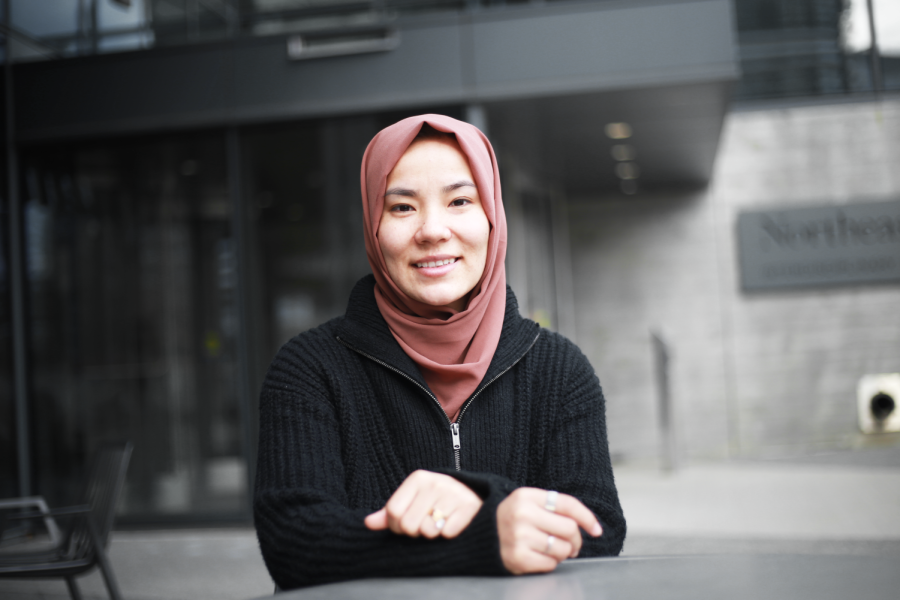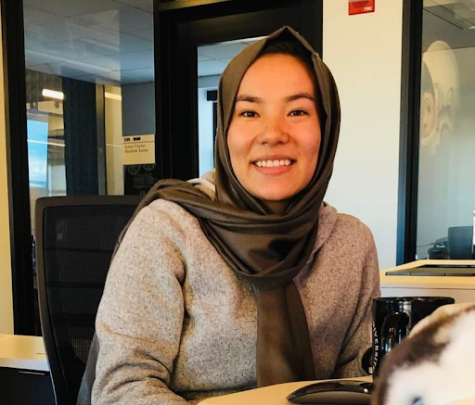Afghanistan and Conflict: A Personal Story
Sabira Khalili, Global Observer Contributor
February 9, 2023
Life is fundamentally a different set of struggles and travels for each of us. I’ve always wondered about my people: who are we, where have we come from, where are we heading, and who or what is preventing us from achieving our goals?
My entire existence has revolved around conflict since I was born in the late 1990s, so it only makes sense that the questions I ponder are more urgent: Who and what are we really fighting for?
In Afghanistan, tribal conflicts, gender inequality, and racism described not a single awful instance of my life, but rather every moment. Growing up in Kabul as a Hazara woman, a minority in the religious, tribal, and gender make up of the country, was anything but easy.
The Hazara are one of the various groups of people that exist in Afghanistan, where tribal affiliation plays such an integral role. We follow the Shia belief of Islam, we are thought to have Turkic and Mongol origin, and our facial structures resemble the peoples of East Asia. While in western, multicultural, metropolitan cities like Boston, you can encounter people of different skin tones, facial structures, and lifestyles normally without issue, in Afghanistan, every difference can be a reason that a girl goes missing or a boy is killed. The Program on Extremism at George Washington University has done extensive research on the threats facing the Hazara’s in Afghanistan.
At school, I faced overt racism not only from the students but even from the faculty. There were fewer Hazara’s in my school partly because of our smaller population in Afghanistan but also because many from the community did not want to risk their child’s safety by sending them to school. During my high school linear algebra class, my teacher asked if any student could present to the class the idea of matrix determinants. The teacher called upon a Pashtun boy. Unfortunately, he was not successful. (The Pashtuns are the largest ethnic group in Afghanistan and make up more than 40% of the population in the country.)
Afterward, I confidently raised my hand and presented my answer to the class. When I was done explaining, I could tell that my classmates had understood my answer. I then looked to the teacher hoping for a small sign of recognition of my knowledge. As the teacher began to speak, my heart sank. She asked the Pashtun boy, why someone like him who has beautiful facial features was unable to explain this concept. She then remarked, “this girl with her small eyes knew the material and could clearly explain it, but you could not. Why?” At that moment, I did not know what to feel. A part of me wanted to become invisible, a part of me wanted to cry, and another part of me wanted to raise my voice and stand up for myself. That day, I said nothing. But it is forever etched in my mind. My story is the story of one Hazara girl from Afghanistan. There are many more stories that are not being told. The mainstream media is not scraping the surface of what is happening to the men, women, and children of Afghanistan.The Taliban have not changed, and they continue to perpetrate atrocities and crimes against humanity against the oppressed people of Afghanistan, particularly the women and girls of this country.
For me, sharing stories, and sharing peoples’ truths, is what drives me. I want to share the stories of other Hazara girls, to show them their lives matter, that they have value, that they can achieve their dreams, and that they deserve the chance to do so.
Sabira would like to dedicate this story to Leila Erbay and Kaan Erbay, who helped and encouraged her to write it.


